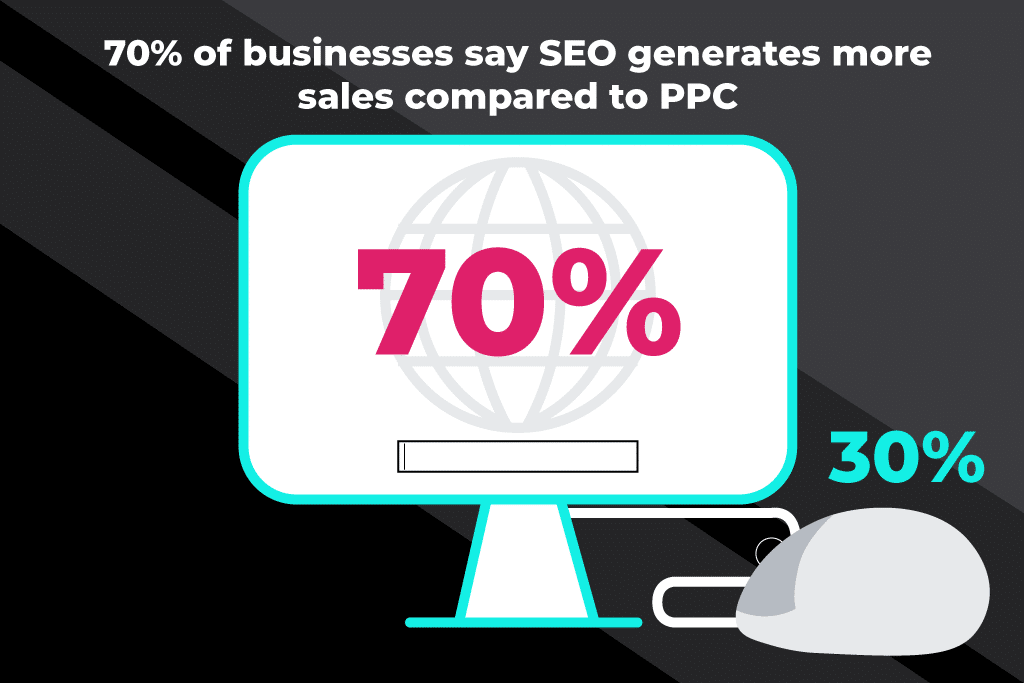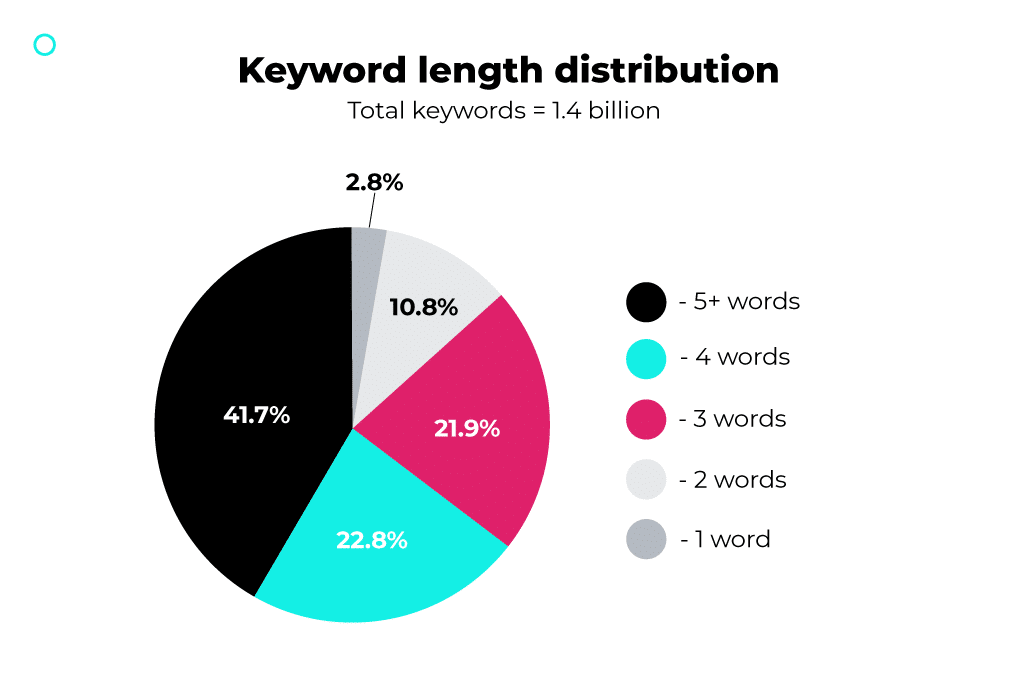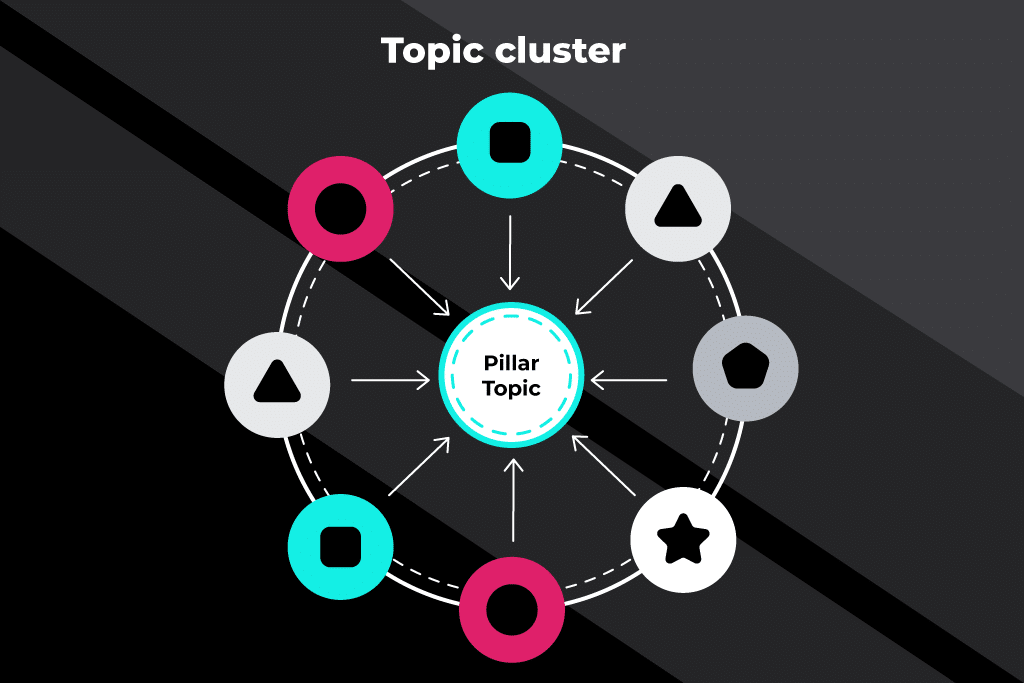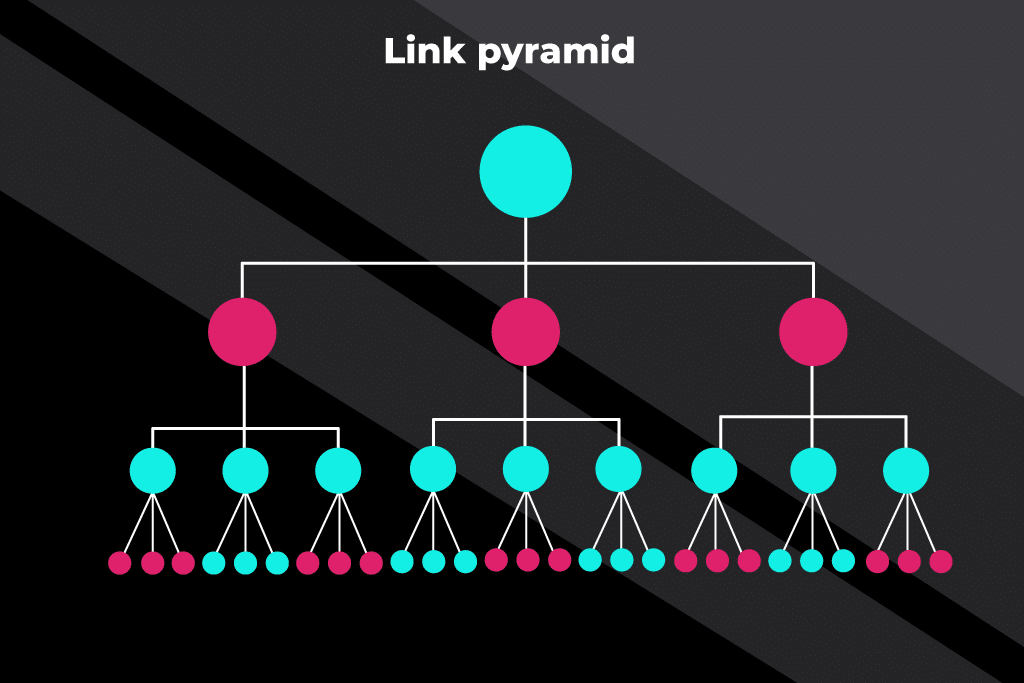Tactical SEO 101: Keywords, Topics Clusters, and Internal Links

As any good marketer will know, evolution is inevitable. People change with age, and new generations have different expectations from those before. Industries and brands have to change with them if they’re to keep up and be successful. It’s no different when it comes to SEO.
Those working in the industry for five years or more will have seen some huge shifts in the search landscape. Google’s crawlers have grown in their ability to read and understand text, serving up ever-more-accurate results. Users have responded in kind, by inputting more complex search queries.
Combine these changes with an ever-more competitive world, and the one-size-fits-all SEO approach is no longer effective. To succeed in organic search in 2021, you’ve got to go tactical—by adopting a philosophy that charms Google’s algorithm while delighting human beings.
Here’s everything you need to know to get started. Skip ahead if you already know what you’re most interested in:
Understanding keyword research
The importance of internal links
What is tactical SEO?
Tactical SEO is a reaction to the current state of search. Nowadays, it’s essential to understand Google’s algorithm, understand your customers, and create structured content that matches the demands of both.
This can be achieved through in-depth, data-led key phrase research, with a focus on search intent, providing solutions to problems found at all stages of the sales funnel. Findings can then be molded into topic clusters with a great internal linking structure.
Done well, the results make it easier for Google to both find and rank your content accordingly, as well as turning your site into an authoritative resource on its subject.
Why use tactical SEO?
Given that 70% of businesses say that organic search generates more sales than Pay Per Click (PPC), companies that scrimp on their SEO approach are potentially missing out on some high income.

Put simply, tactical SEO gives you a much greater chance of success than a one-size-fits-all approach.
As we know, SEO success leads to higher places on Google’s search results. Higher places have better click-through rates. Better content leads to longer sessions and repeat visits. More traffic generally leads to more conversions.
At accelerate agency, we’ve long understood that SEO can’t be treated as a single, distinct process anymore. Although it’s useful to know as many 200+ ranking factors as possible, real success comes from looking at the wider picture.
Providing great customer service and a fabulous user experience is just as important as granular ranking factors. We call this approach enterprise SEO, and turning brands into expert thought-leaders delivers more significant results.
To find out more, why not book a consultation with one of our SEO experts and discover what our bright new philosophy can do for you!
Understanding keyword research
When it comes to content marketing, all tactical SEO should start with keyword research. Now here’s the rub—keyword research is not what it used to be.
It was not so long ago that marketers could grab some organic search success simply by throwing a few searches into Adwords (now Google Ads) Keyword Planner. You could grab a bunch of high-volume key phrases, and write content around them. Google’s bots pretty much rated your content on the number of times you used them.
Do that now, and you’re setting yourself up for a Google penalty. You’ll also be creating generic content that no one’s interested in. People search differently these days.
41.7% of people now use at least five words when searching online. They’re asking specific questions, and they want specific answers. Merely optimizing a page for high-ranking keywords can’t match such varied search intent, meaning a page won’t perform well in the search results. Being a specialist SaaS SEO agency and this is our core focus when starting with a new client.

Search intent
The internet has become a place where people seek solutions to their queries. It’s important to have this in mind when conducting your keyword research. Put yourself into your customer’s shoes, and think in terms of pain points.
What questions will they be asking in about a particular subject, product, or service? Google can now understand search intent, meaning variations of key phrases all go towards your content’s SEO rating.
Also, bear in mind the stages of the sales funnel. There’ll be potential customers who have only just heard of your brand and simply want a little information about a solution you offer. There’ll be others who are seriously researching products and comparing your brand to your competitors. And they’ll be those who are on the brink of a sale.
Your keyword research should seek to answer all potential customer queries. If your website doesn’t provide the answers a customer is looking for, they’ll go elsewhere to find it.
Beyond Google Ads
Remember, there’s more to keyword research than the Google Ads Keyword Planner or an alternative keyword tool. Check your competitors’ sites, search on Google, get some ideas from Answer the Public, and browse through the likes of Quora or Reddit.
People often use such sites when they’re unable to find answers through Google searches, and this info may inspire some ideas for content that your competitors have missed.
At accelerate agency, we understand that there are no cutting corners when it comes to content. Our approach naturally includes keyword research, topic clusters, and internal linking, but we’ll also conduct a content audit as a starting point.
This provides a full analysis of the quality of your existing content offering, including recommendations as to whether it’s worth optimizing what you already have, or starting afresh.
Book a Consultation
Creating topic clusters

Using the data you’ve uncovered as part of your keyword research, you can then start planning your topic clusters.
These are groups of content pieces that are related to the same subject. Each individual piece can serve as an expert resource on its own particular area, with its own bunch of keywords. Your keyword research should help you decide how many pages your cluster has.
Start by planning a pillar page. This is the foundation of your topic cluster. It should introduce the cluster as a whole, and each individual page through internal linking. An effective pillar makes it clear to Google that you have a specific number of pages on a specific subject.
For example, let’s say you’ve a travel website and your topic cluster is about US breaks. It’s better for both Google and users to create a pillar page, introducing the subject and your destinations. Then you can add sub-topic pages such as “Coast”, “Camping”, “City Breaks”, and so on—whatever your keyword research has justified.
From your pillar to your sub-topics, you’ll then have a range of pages, each geared towards matching user search intent. Depending on the subject and the size of your topic cluster, grouping your content in this way can optimize a single section of your site for hundreds or even thousands of key phrases.
A topic cluster and its pillar page should be completely mapped out before you begin writing. You can check and cross-reference to ensure that you’ve no overlapping key phrases. This will then help you plan a structure for each piece and your pages won’t be competing with themselves.
accelerate agency’s content marketing services are data-fed and consumer-led. We factor in your brand’s current position and where you hope to get to. We consider your customers’ needs, wants, and where they are in their buying journey.
We’ll analyze data to see how they’re consuming your content and what engages them. In marrying your brand’s goals with your audience’s needs, we always have the user experience in mind.
The importance of internal links
Vital to the tactical SEO philosophy is a clear and logical internal linking structure. Every page within your topic cluster should link back to the pillar page and vice versa. You should also link to other, highly-relevant pages within your cluster.
To decide on these, put yourself back in the customer’s shoes, and have the sales funnel in mind. Which other pages would be most useful to a prospective customer at this point in time?

The above gives an example of an internal linking structure, from the homepage (top circle), to pillar pages and cluster pages.
One study showed a 40% increase in organic traffic for a brand who introduced topic clusters with internal links to their site, so huge gains can be made by getting your tactics right.
Don’t forget to optimize your anchor text—the clickable text that links to your other pages. Optimizing anchor text not only encourages click-throughs—and so the chances of users staying on your site—but it has SEO value, too.
Join the tactical SEO revolution
Given that content can deliver six times more conversions than other marketing methods, it’s a no-brainer to say that all websites need it. But simply churning out well-written articles based on industry-related key phrases simply doesn’t cut the mustard anymore.
Adopting a tactical SEO approach helps bring order to your website, pleases Google’s algorithm, enhances the user experience, and turns your site into an expert authority. Based on data-led research, you’ll be personalizing your marketing to deliver precisely what customers are looking for—and with that comes more sales!


